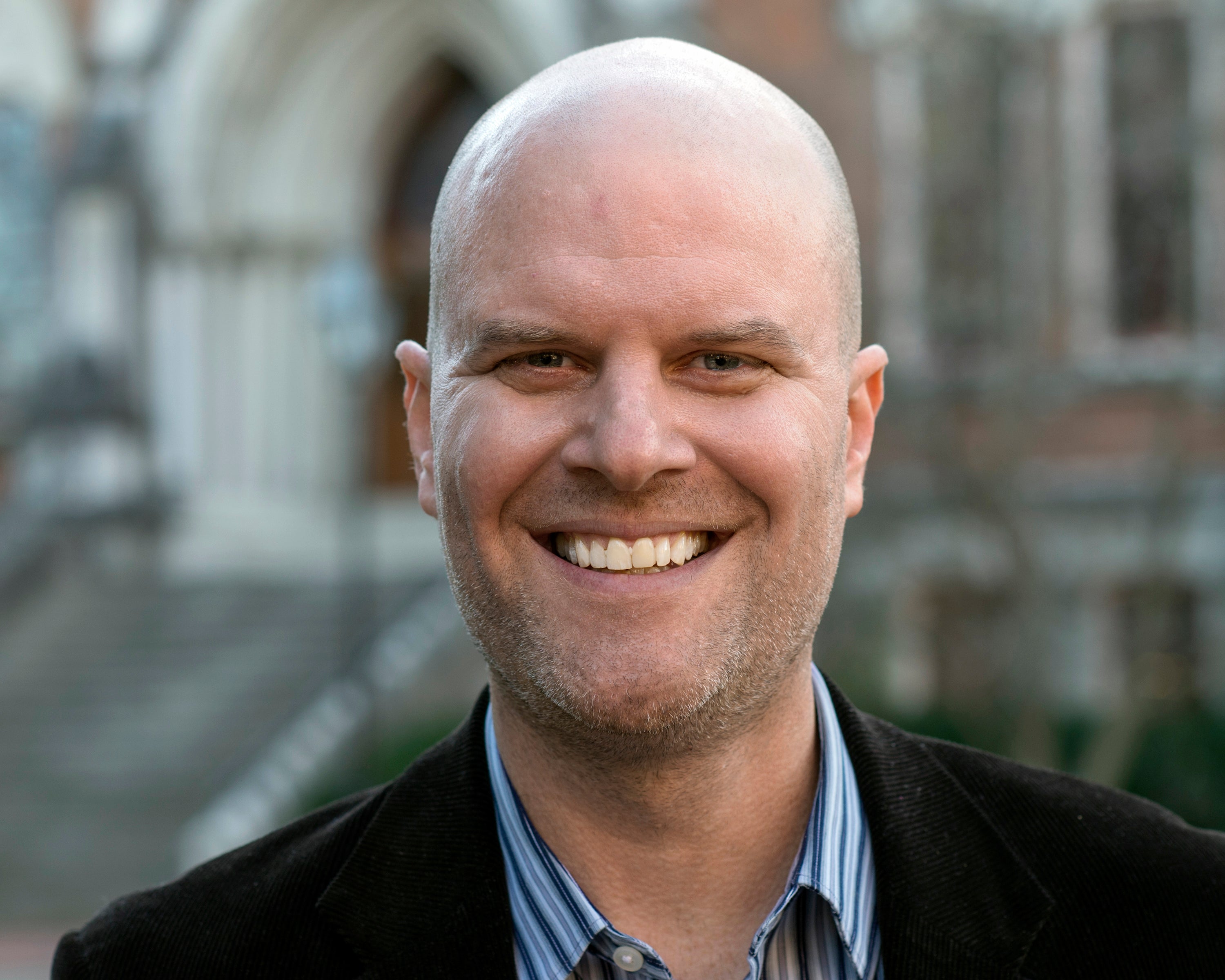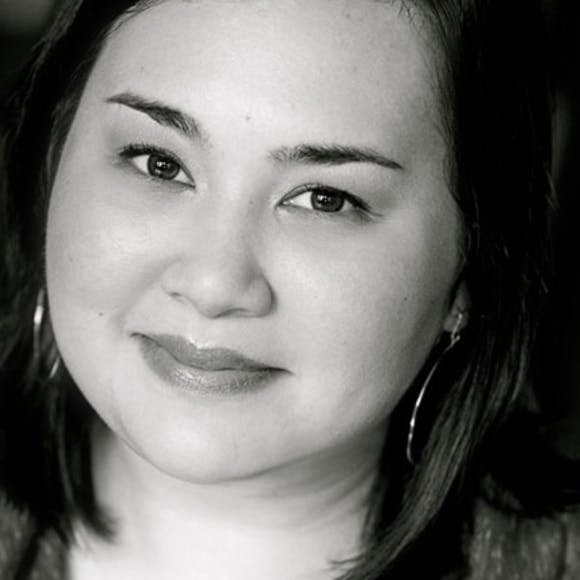Book: The Age of Disenchantments

Photo Courtesy of Aaron Shulman
Author: Aaron Shulman
Author Bio:
Aaron Shulman is the author of the non-fiction historical narrative The Age of Disenchantments: The Epic Story of Spain’s Most Notorious Literary Family and the Long Shadow of the Spanish Civil War (Ecco/HarperCollins, March 2019). After growing up in Michigan, Aaron attended Johns Hopkins as an undergrad and then the University of Montana, where he received his MFA in creative writing.
A former Fulbright scholar, his work has appeared in The Believer, The New Republic, The American Scholar, and the Los Angeles Review of Books, among many other places. An editorial coach, collaborative writer, and developmental editor, he works with Idea Architects Literary Agency to bring the research of visionary scientists and thinkers to a wide readership.
Aaron writes a periodic newsletter with reading recommendations that you can sign up for here. He lives with his family in Santa Barbara, California.
1. Writing this book seems like quite a feat. Congratulations. What were some major obstacles, if any, that you faced?
Thanks! I wouldn't say that there were any special obstacles beyond the fact that just writing a book is a kind of huge personal and creative obstacle in and of itself.
The specific challenges I faced, apart from the daily at-my-desk challenges of just trying to write good sentences and tell an engaging story, was the amount of research involved in telling the story of the Panero family, which pulled in a lot of Spanish history.
I interviewed around 90 people (some of whom were very hard to track down) and read hundreds of books and thousands of primary documents. On second thought, I would say there was one main obstacle I faced in the writing process: length.
It was so hard for me not to write too much. From my first draft to the final published book I cut around 200 hundred pages. That was difficult but very important.
2. Do you feel that the history of Spain is often misunderstood or overlooked?
Yes, I do, to both. Spanish tourism has done almost too good of a job marketing itself to Americans, so most people are familiar with the romanticized image of Spain (Flamenco, Andalusia, Barcelona, sangria, beaches, Picasso, etc.), without knowing much about its complex history.
The Spanish Civil War (1936 - 1939) was one of the central events/conflicts of the 20th century, and at the time the whole world was watching. Now few people know much about it and there are a lot of misconceptions about exactly what happened.
That said, there seems to be some renewed interest in it of late because of the tough political period we're currently going through.
3. What was your writing process like for this book? How long did all of your research take?
I first learned of the Paneros in 2012, when I saw the famous documentary about them, El Desencanto (which I'm screening in several cities in the US this spring and summer; more info on my events page). I became very interested in them but didn't start getting serious about writing about the family until 2015.
I spent about six months doing research, including a trip back to Spain (where I had lived; my wife is Spanish), then wrote a proposal and found a publisher near the end of the year.
On the book, I spent a little over two very intense years: writing and doing lots of reading research simultaneously, with periodic trips to Spain during which I just focused on conducting interviews and visiting libraries and archives.
Then came revision for six months. In certain ways, it was longer, but you could say it took me three years.
4. What was the most surprising thing you learned while writing about the Paneros family?
Well, I learned countless surprising things about their lives--which you'll find in the book--but maybe the most surprising thing I learned was how much I related to them, even though I'm so different from them in so many ways. I understand their fixation on living a literary life, and how this way of being shapes how you think and act.
5. The family’s patriarch, Leopoldo Panero, went from being a communist poet before the Spanish Civil War to being a poet celebrated by the Franco dictatorship afterward. What do you think drove this betrayal?
Good question--a big, complex question, which I grapple with in the many pages I devote to Leopoldo in my book. I think most of all it comes down to survival. Leopoldo was nearly shot by a firing squad at the outbreak of the war and to survive he joined Franco's army.
He had close friends who were also soldiers with him (and also poets), but who had supported the rebellion from the start. I think their politics gradually seduced him, and he also needed to fit in.
Afterward, Franco and his army had won, so in order to have a career, Leopoldo had to adapt to the norms of the dictatorship, though this doesn't mean he didn't have interesting ambiguities and loyalties to entities other than Franco. For example, in World War II he rooted for the Allies, not the Nazis, and he also kept in touch with Spanish exiles throughout his life.
6. If the Panero family could be summed up by one famous Spanish painting, which painting would they be?
Fun question, though I don't think I know Spanish art history well enough to say with much confidence. That said, I often thought of Goya's famous and grotesque Saturn Devouring His Son, since I kind of saw it as a metaphor for the way writers and artists can "consume" others for their art, in the sense of how Leopoldo used his family as his muse and inspiration for poems, and thus "consumed" them literarily.
But his sons and wives ended up doing the same to him, writing about Leopoldo in memoirs and poems and talking about him in the documentary they made, so I often imagined a reverse Goya painting titled Saturn's Wife and Sons Devour Him.
7. What’s the best book you have read in 2019 thus far?
Fiction: Mira Corpora by Jeff Jackson
Non-Fiction: The Devil and Sherlock Holmes by David Grann.
8. What’s your best advice for getting over writer’s block?
Mute your inner critic, lower your expectations, forget perfection, and look for one tiny thing--say, a word combination, a metaphor--that brings you excitement or joy.
9. Do you plan on writing more books in the future?
Yes!







